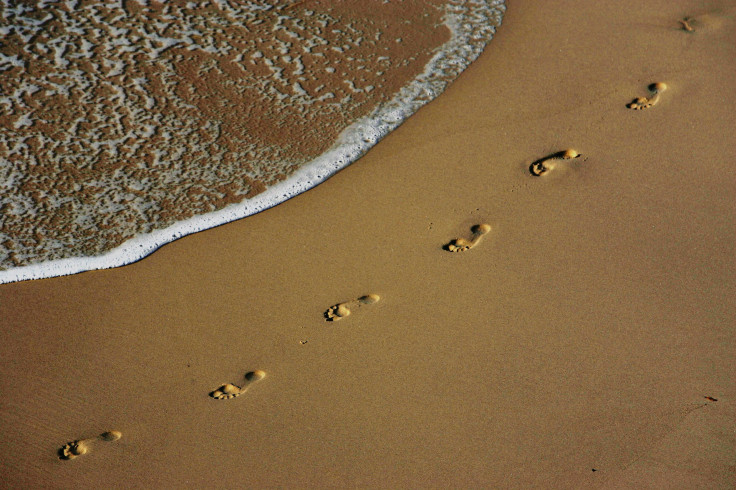Vitamin B3 Can Prevent Skin Cancer

Treatment for skin cancer might taken a turn for good as a new study reveals a major role played by a form of vitamin B3 called nicotinamide in reducing the risk of non-melanoma skin cancers by 23 percent to recur in patients who've had it before. According to researchers, the vitamin supplement nicotinamide has shown to enhance DNA repair and restore the skin's immunity.
For their research, they studied the effect of vitamin B3 in nearly 400 people who had had at least two non-melanoma skin cancers, squamous cell or basal cell carcinoma. Half were randomly assigned to take 500 milligrammes twice daily of nicotinamide, while the other half took a placebo. They found that patients who took vitamin B3 twice a day cut their chances of developing new skin cancers by 23 percent. The researchers assured that the study involved nicotinamide, and not nicotinic acid, another common form of vitamin B3 that has been associated with some side effects, including flushing and low blood pressure.
It was also observed that the patients considered at high risk due to their past history of skin cancer well-tolerated the treatment .Furthermore, the patients who stopped taking the supplements showed greater risk of getting skin cancer six months after, indicating that the benefit can only be gained if the supplements are taken consistently. Incidence of formation of pre-cancerous lesions called actinic keratosis among the patients on pill was also reduced by 20 percent. The findings of the study are to be presented in June at the American Society of Clinical Oncology's annual meeting.
The study lead author, Diona Damian, professor of dermatology at the Dermatology University of Sydney, says, "This is the first clear evidence that we can reduce skin cancers using a simple vitamin, together with sensible sun protection. We hope that these findings can be immediately translated into clinical practice. However, people at high risk of skin cancer will still need regular check-ups with their doctor."
According to the researchers, nicotinamide works in two ways: by helping repair DNA damage caused by ultraviolet light and by protecting the immune system to prevent skin cancer. Damian added that "This is ready to go straight into the clinic,” but also cautioned that the treatment is yet to be tested as a remedy or prevention strategy among the general public, and hence, the use of sunscreen is still vital to get protected against skin cancer.
To contact the writer, email:ruchira.dhoke@gmail.com





















